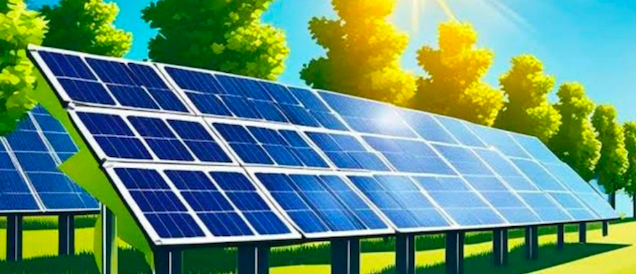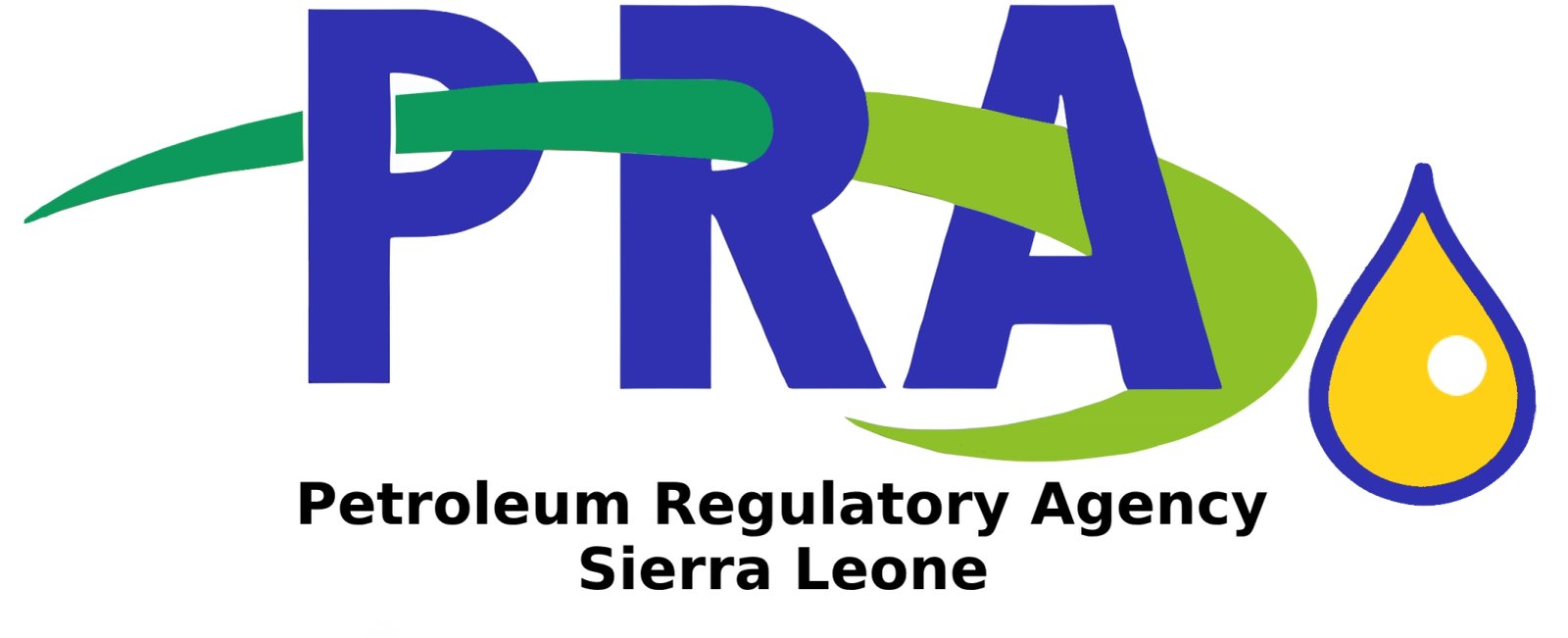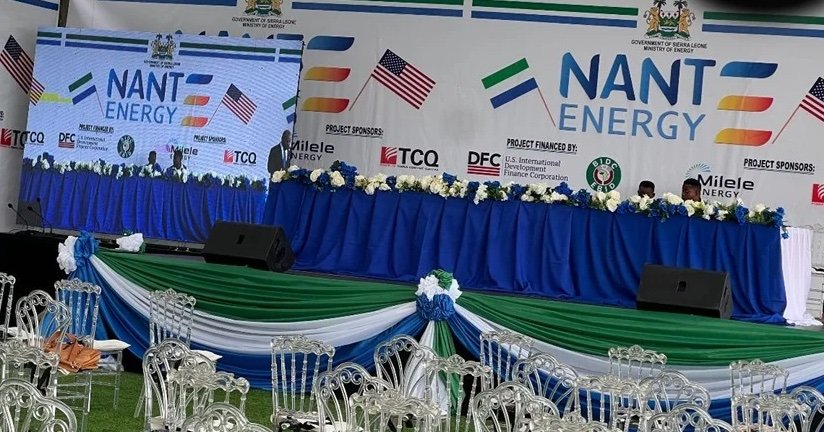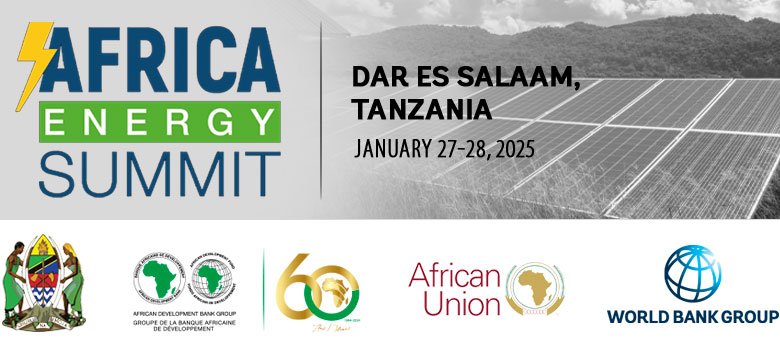Private Investors to Drive Electricity Distribution
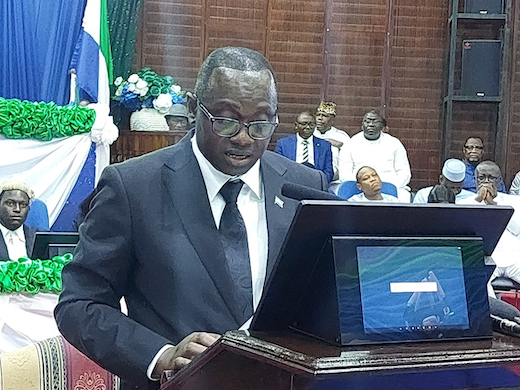 Mr. Sheku Bangura, Minister of Finance
Mr. Sheku Bangura, Minister of Finance
The government is tapping into the private sector for the financing of electricity distribution in the country. Mr. Sheku Bangura, Minister of Finance speaking at the parliament on the 2025 Budget informed of government’s decision to grant concessions for electricity distributions to private investors in the economy. “This action is expected to bring in much-needed expertise, operational efficiency, and capital investment, thereby reducing the need for government subsidies.” Private sector participation is expected to drive efficiency and alleviate government of the burden of subsidy payment.
The move would allow the government to free up fiscal space for spending on social programmes and allow it to restore the social tariff band targeted at the poorest residential consumers that consume up to 25 Kwh per month.
The payment of subsidies the minister explained has continued to pose a serious threat to the national budget. The government therefore is reducing payments of energy subsidies effectively in 2025.
Bangura informed that total energy subsidies paid by government to the Electricity Distribution and Supply Authority (EDSA) in fiscal 2024 is projected to hit NLe1.3 billion by end December 2024. This contrasts with NLe730 million and NLe843 million paid in 2022 and 2023, respectively. Adding that most of the subsidy’s payments were made to the Independent Power Providers (IPPs) and 'it continues to pose a major fiscal risk to the budget'.
Among others in 2025, the government also plans to implement a Collection Account to be managed by an independent fiduciary agent ‘to ensure a clear and transparent waterfall mechanism for the utilization of EDSA’s revenue. This measure will enhance financial discipline and accountability within the organization.’
With technical support from the World Bank, the government, he informed is also developing a time bound strategy to minimize EDSA’s dependence on expensive fossil fuel power generation. “This will include negotiating more favourable terms in prospective agreements with IPPs. This will also be achieved through increased investment in renewable energy projects and a gradual transition to more sustainable and cost-effective energy solutions; and prepare a settlement plan to clear all MDA arrears owed to EDSA.”
“Installing smart meters to reduce the technical and commercial losses of EDSA and strengthen its operational performance.”
By end-September 2024, the Government has installed and commissioned 1,250 smart meters for high-value customers and at secondary substations. With support from the World Bank, the Government will procure and install 3,000 additional smart meters by end June 2025. “This initiative aims to reduce electricity theft and boost revenue collection by ensuring accurate and real-time billing for consumers.”
With the implementation of these reforms, the government aims to free up fiscal space for spending on social programmes and allows it to restore the social tariff targeted at the poorest residential consumers that consume up to 25 Kwh per month.
18-11-2024


